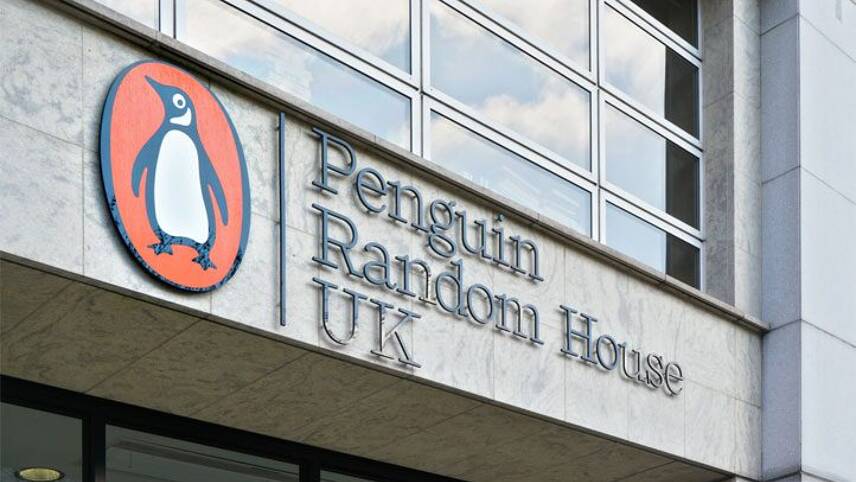Register for free and continue reading
Join our growing army of changemakers and get unlimited access to our premium content

Penguin Random House is the UK's largest publisher and has a multinational value chain
The firm unveiled the policy late last week, in light of Earth Day. It contains ten guiding principles to be adopted by all parts of the business.
On direct climate impact, the policy contains a commitment to neutralise emissions from direct operations in 2021, through a mix of reduction and offsetting. But it states that the value chain is “where the business’ biggest impact lies” and commits Penguin Random House to deliver the same milestone across the value chain this decade. An externally verified carbon footprint for the value chain will be finalised this year as a baseline.
Penguin Random House’s plan for delivering the 2030 target consists of working with material suppliers, paper mills and printers to adopt more energy-efficient processes powered renewably. The firm’s sustainability professionals will also produce a Sustainable Production Toolkit to help departments like procurement adopt best practice measures. Offsetting will then be used for residual emissions. Penguin Random House is working with Climate Partner to support forest conservation and restoration in Brazil.
The climate target is linked to a commitment to maintain 100% sustainably sourced paper and to expand this commitment to other key materials. Other ways to minimise material-related emissions include redistributing returned and used books through community initiatives and improving recycling in-house.
Penguin Random House’s document on the principles outlines which business teams are crucial to their delivery and the steps that colleagues in these functions must take. Facilities and technologies, for example, are prompted to procure only renewable electricity and sustainably sourced office stationary, while improving office energy efficiency.
Cultural impact
Penguin Random House UK’s sustainability production manager Courtney Ward said: “This policy is a lever for change, it has been incredibly exciting bringing it to life and seeing how engaged all of our different teams, across the business, are committed to reducing their environmental impact.
“We still have so much work ahead of us and are excited about working in collaboration with our partners across the industry to find new ways to address shared challenges, to amplify the work of our incredible authors to change minds, inform thinking and adapt behaviour.”
To Ward’s latter point, the policy details how the publisher – as the largest in the UK – will “amplify the climate emergency through its books, authors and brand”.
It commits the firm to developing a new ‘climate hub on its website by the end of 2021. The hub will make key titles and authors “more easily discoverable” and will detail Penguin Random House’s own progress.
It also states that relevant teams should commission more new content from authors on the topic of climate, with a focus on solutions and behavior change.
These moves will build on an existing imprint endorsed by David Attenborough – the Witness Books imprint.
Earlier this month, the UK’s largest seller of used books, World of Books, committed to becoming a carbon-neutral business by 2022.
Sarah George


Please login or Register to leave a comment.